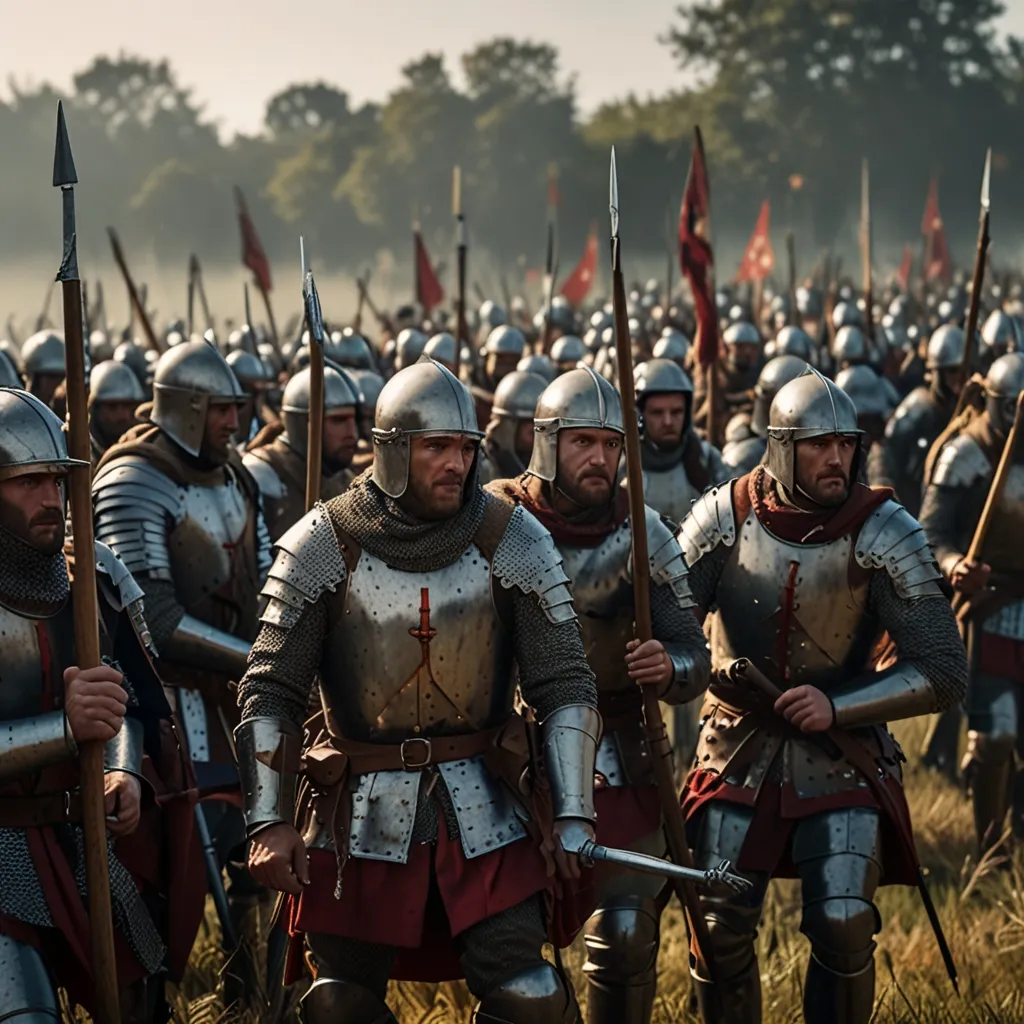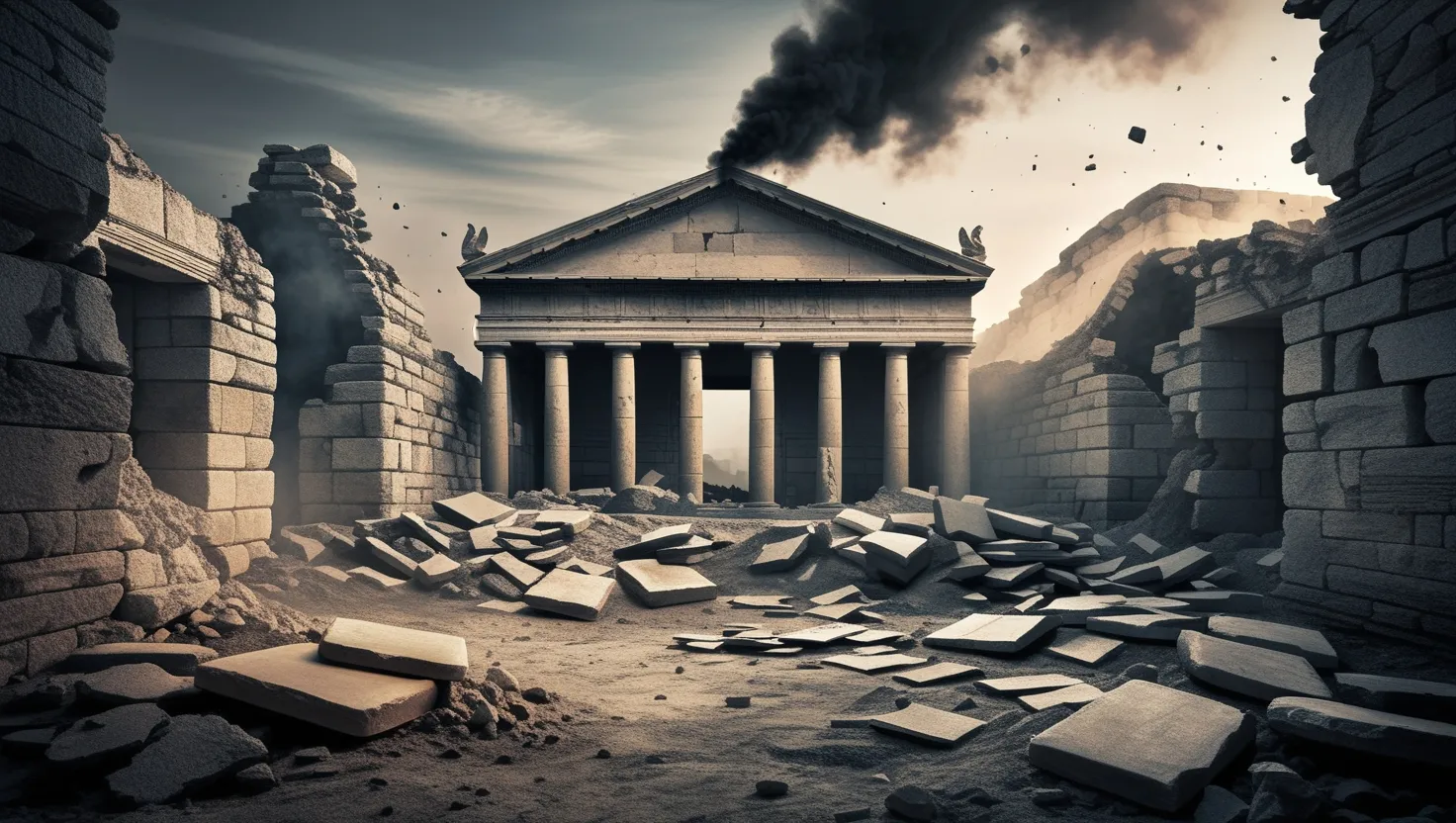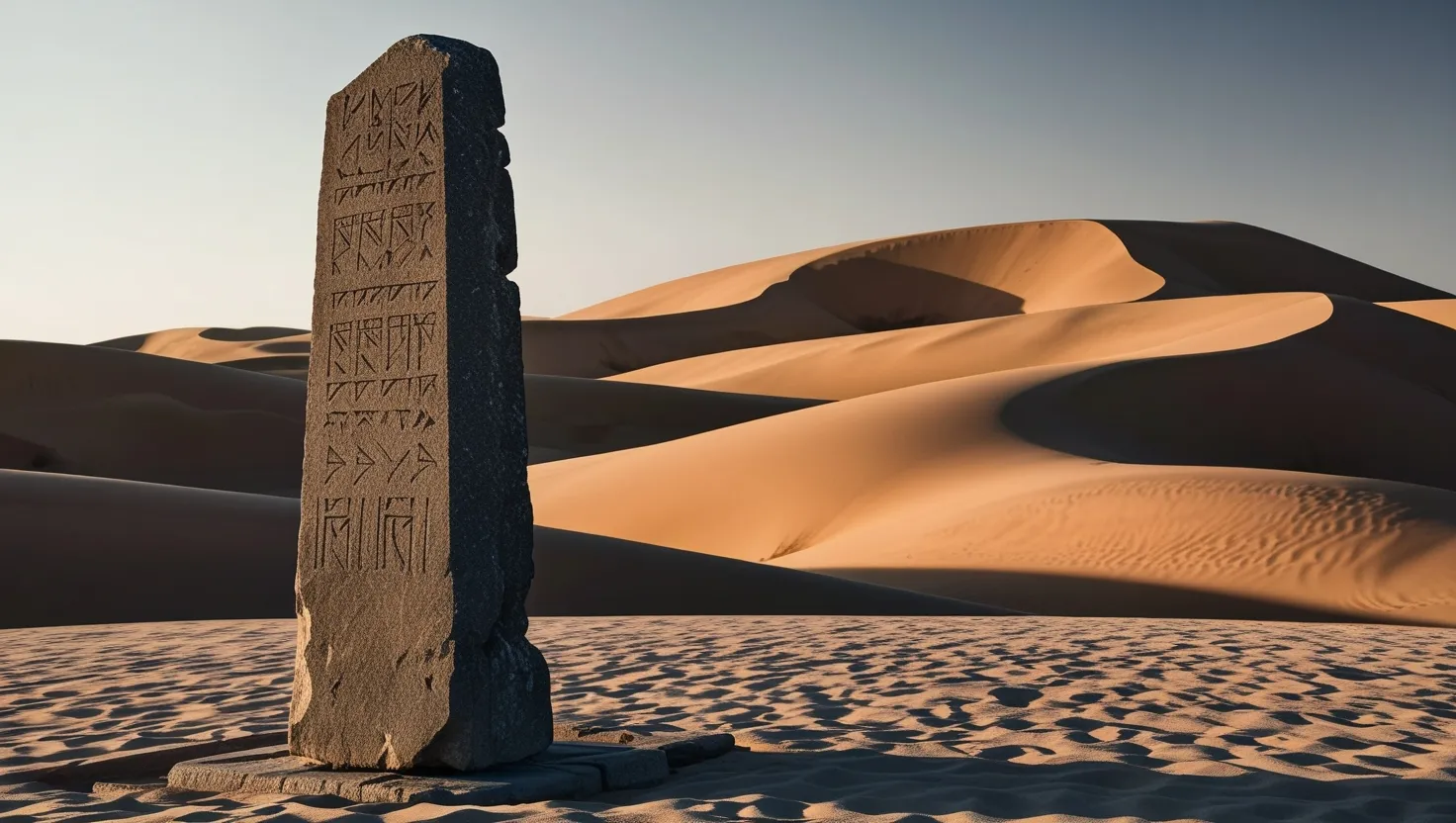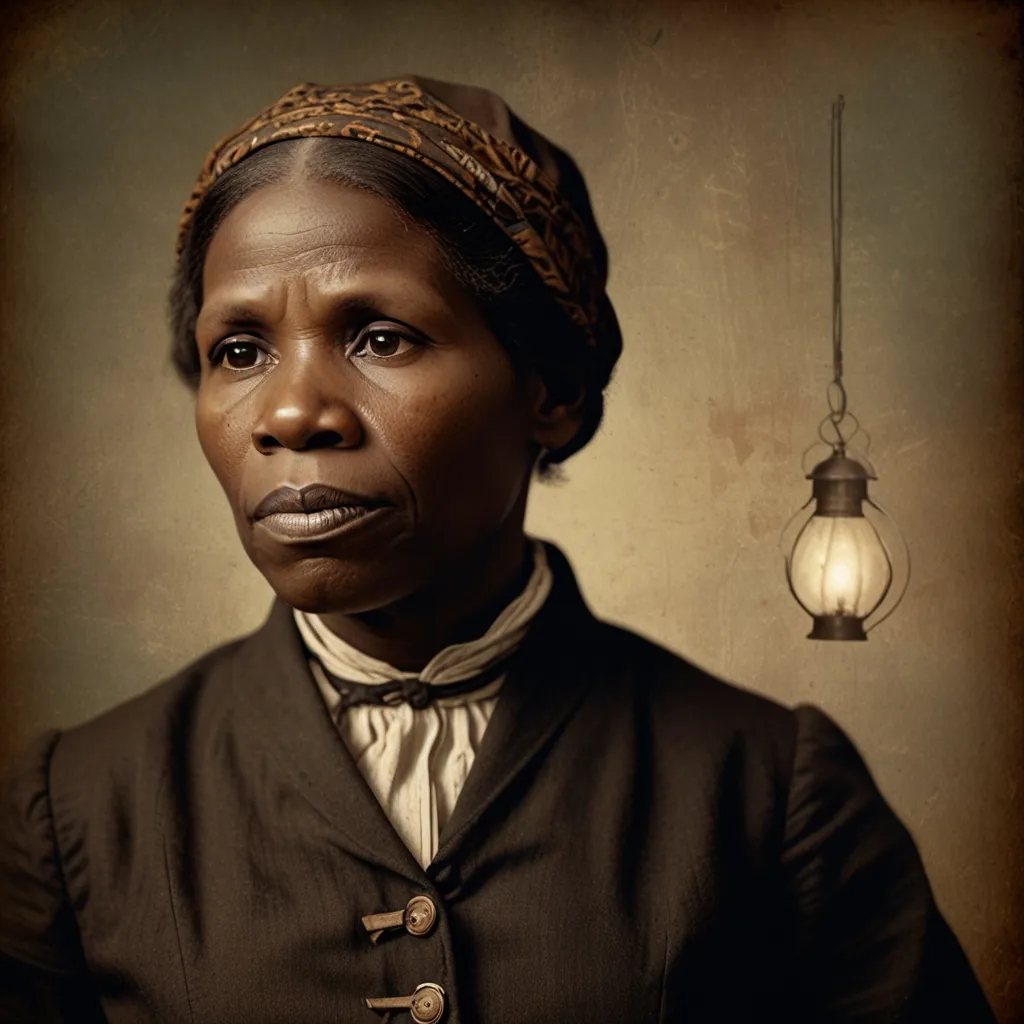The Hundred Years’ War was a long and complex conflict that lasted from 1337 to 1453. It was not a single, continuous war but a series of battles and shorter wars interrupted by periods of peace. The war was fought between England and France, with various other regions and kingdoms involved.
The roots of the conflict lay in the dynastic politics and simmering resentments between the two crowns. The English kings were descendants of William the Conqueror, who had conquered England in 1066. This led to a mix of English and French nobility, with many English nobles speaking French and holding lands in both countries. The English royal line, the Plantagenets, often received pledges of fealty from French nobles, making the distinction between English and French royalty and nobility blurry.
The war began after the death of French King Charles IV in 1328. Edward III of England claimed the French throne, but the French nobility rejected him and crowned Philip VI instead. Edward III then went to war over the English-controlled territory of Aquitaine. The war saw numerous raids and invasions by English forces, who were often better organized than their French counterparts. One of the most famous battles was the Battle of Agincourt in 1415, where a smaller English force defeated the French cavalry using longbows.
The war had a significant impact on both countries. France suffered heavily, with its population declining by half due to the fighting and the plague. The French crown introduced new taxes to fund the war, which further strained the economy. The English also faced economic challenges, but their military victories allowed them to maintain control over parts of France for extended periods.
One of the most notable figures in the war was Joan of Arc, an illiterate peasant girl who rallied French forces and became a symbol of French resistance. She led several successful battles before being captured and executed by the English. Her legacy helped galvanize French morale and contributed to the eventual expulsion of the English from France by 1453.
The Hundred Years’ War was a defining period in European history, shaping the political and cultural landscape of both England and France. It was a time of great turmoil and transformation, marked by significant battles, political intrigue, and the rise of national identities.






